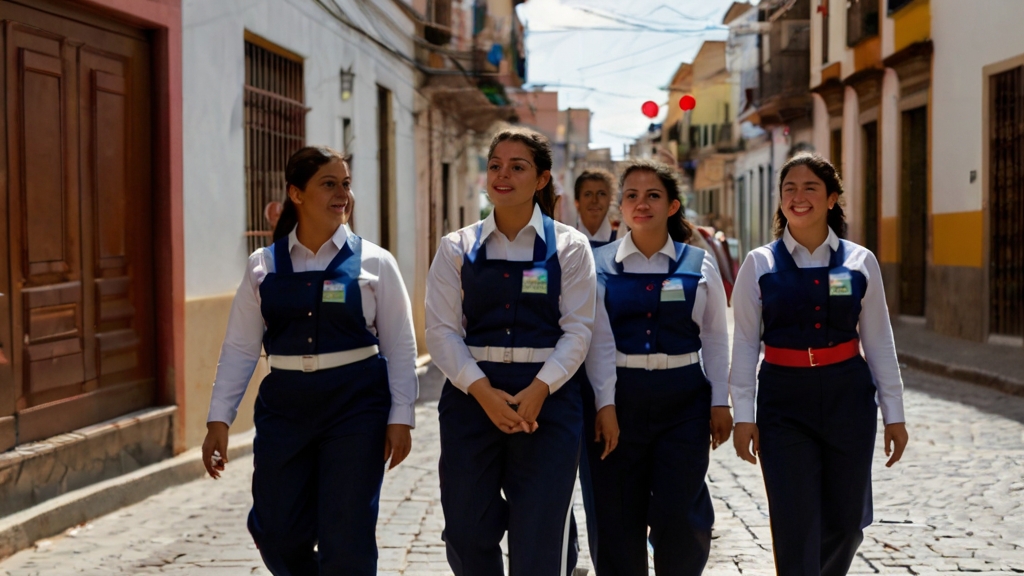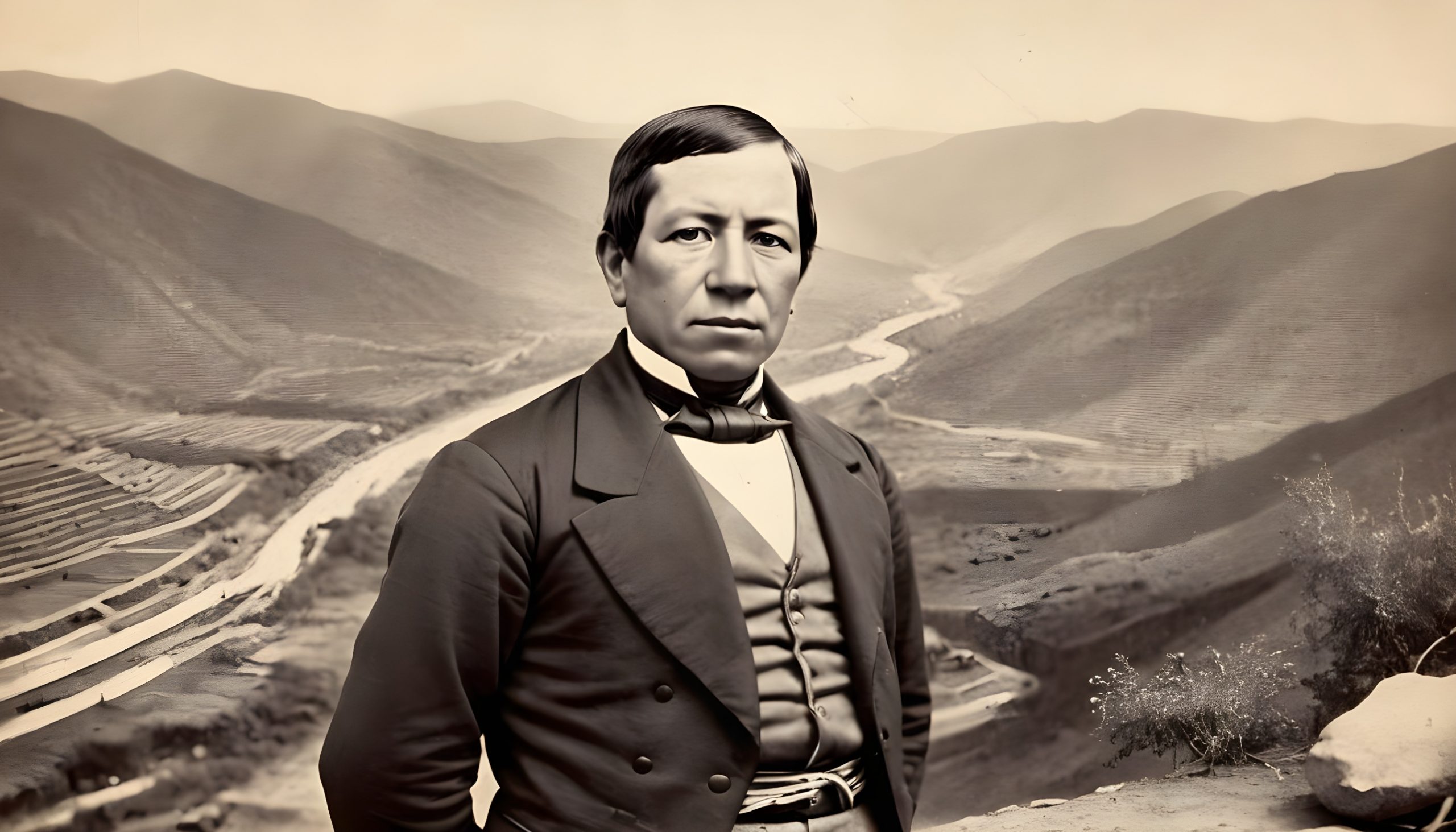
International Women’s Day, celebrated on March 8th, is a moment to reflect on advances in gender equality, recognize women’s struggle throughout history, and address the challenges that still persist in terms of rights and equity. In Mexico, this day is commemorated with a mix of remembrance and struggle, especially in a context of macho violence and feminicides that deeply affect society.
March 8th
The history of International Women’s Day dates back to March 8th, 1857, when hundreds of women workers in textile factories in New York took to the streets to protest against long working hours, low wages, and gender discrimination at work. This protest was brutally repressed, leaving 120 women dead and giving rise to the first female union.
In 1908, the women’s labor struggle reached another milestone with the strike of 129 women at the Cotton factory, also in New York, where they sought a reduction in working hours, equal pay, and better working conditions. However, the factory owner ordered the building’s doors to be closed, causing a fire in which the workers died.
These events paved the way for the commemoration of National Women’s Day in 1909, followed by the proclamation of International Working Women’s Day in 1910, during the second International Conference of Socialist Women in Copenhagen. Finally, in 1977, the UN officially declared March 8th as International Women’s Day.
Current Demands and Exigencies
Today, International Women’s Day is a reminder of the ongoing struggle for gender equality, the recognition, and effective exercise of women’s rights. In Mexico, women face significant challenges, including high rates of feminicide, wage inequality, and an overload of domestic work.
To address these problems, it is necessary to continue working on the elimination of gender violence, wage equality, equitable access to job opportunities, and women’s political participation. It is also important to highlight normative and institutional advances in Mexico, such as gender parity in Congress and the increasing number of women in leadership positions.
Gender Violence in the Workplace
One of the most insidious forms of gender violence is that which occurs in the workplace, both in national and foreign companies. In Mexico, women face discrimination, sexual harassment, and obstacles to accessing leadership positions and decision-making in companies. According to alarming statistics, it is estimated that 10 feminicides occur in Mexico every day, reflecting the serious crisis of gender violence facing the country.
Another significant challenge is the persistent wage gap and inequality of job opportunities between men and women in Mexico. Despite normative and institutional advances, women still earn less than men and face greater obstacles to accessing well-paid jobs and leadership positions.
International Women’s Day is a reminder of women’s historical struggle for equality and human rights. In Mexico, this day is celebrated with a call for reflection and action to continue moving towards a more just and egalitarian society for all people, regardless of their gender. It is necessary to recognize and value the fundamental role of women in history and in the construction of a more equitable and sustainable future.
Women who wish to work or live in Mexico are welcome, and many find in this country a place full of culture, friendly people, and opportunities. However, as in any place in the world, it is important to be informed about safety and take preventive measures to ensure a safe and pleasant experience.
“Behind every powerful woman is herself fighting daily”
Anonymous –
#ForeignerWorkMX #InternationalWomensDay #8M #MexicanWomen #GenderEquality #NoMoreGenderViolence #FemaleEmpowerment




